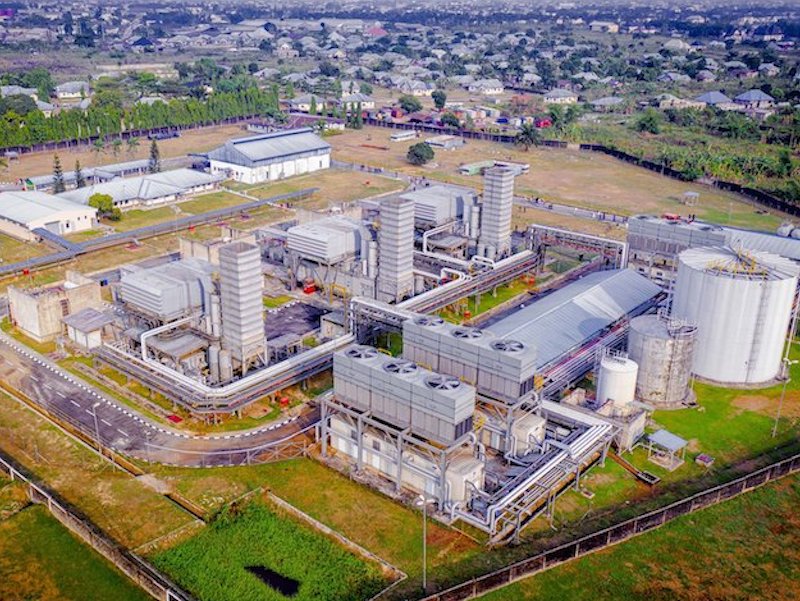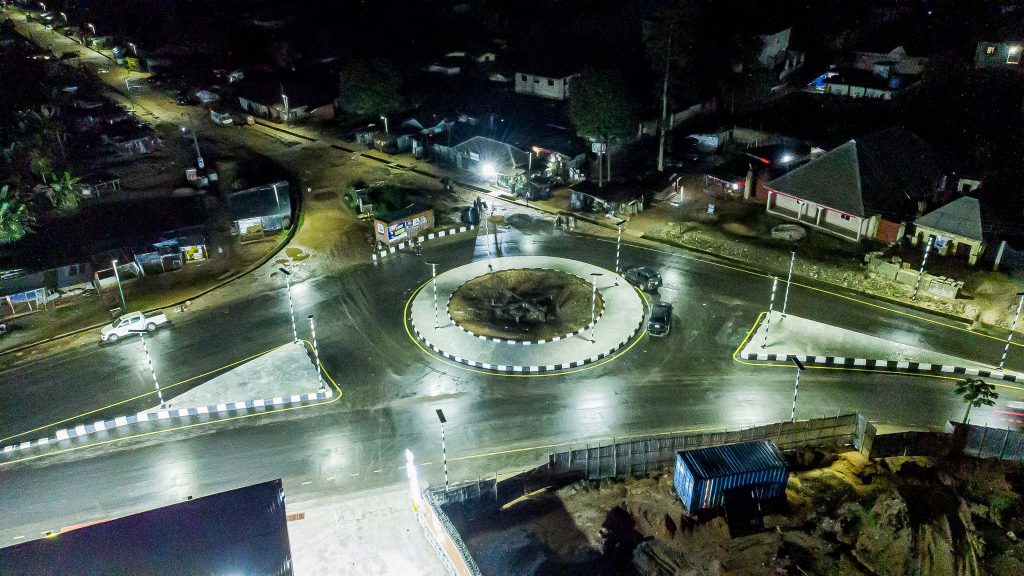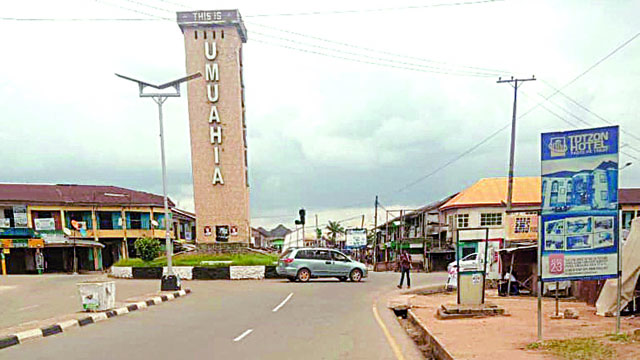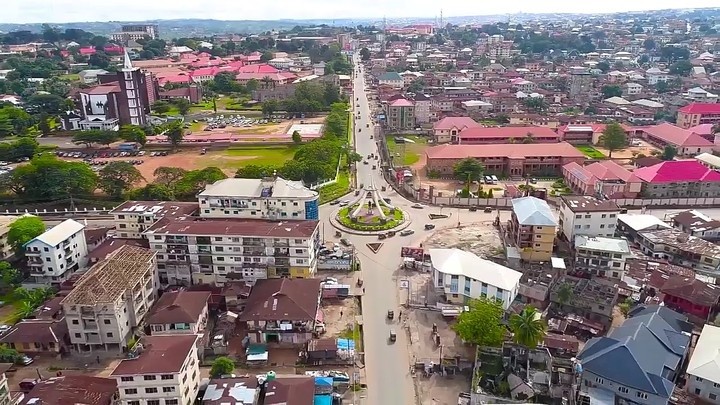Abia State
States Dec 28, 2024 Last Modified:Jan 03, 2025

Table of Contents
The History and Overview of Abia State
Abia State, located in the southeastern region of Nigeria, is one of the 36 states in the country. Created on August 27, 1991, from part of Imo State, Abia derives its name from an acronym formed from the initial letters of four regions in the state: Aba, Bende, Isuikwuato, and Afikpo (though Afikpo later became part of Ebonyi State). The state is renowned for its industrial and commercial activities, rich cultural heritage, and historical significance.
Early History

Before its creation, the area now known as Abia was part of the Eastern Region of Nigeria. Following Nigeria’s independence in 1960, it became part of the Eastern Region, which was later divided into East Central State in 1967. In 1976, Imo State was carved out from East Central State, and Abia eventually emerged as a separate entity in 1991.
The indigenous people of Abia State predominantly belong to the Igbo ethnic group, one of the three major ethnic groups in Nigeria. The Igbos of Abia State are known for their entrepreneurial spirit, craftsmanship, and deep-rooted cultural traditions. Historical records suggest that the region played a vital role during the pre-colonial and colonial eras, especially in trade and resistance to external domination.
Geography and Demographics
Abia State covers an area of approximately 6,320 square kilometers. It is bordered by Enugu and Ebonyi States to the north, Akwa Ibom State to the south, Cross River State to the east, and Imo State to the west. The state capital is Umuahia, while Aba is the largest and most industrialized city.
Abia has a population of over 3 million people, according to the 2006 census, with an estimated increase over the years. The primary language spoken is Igbo, although English is widely used as the official language.
Economy

Abia State’s economy is primarily driven by commerce, agriculture, and industry. Aba, often referred to as the “Japan of Africa,” is a hub for small and medium-scale enterprises, especially in the areas of shoe-making, garment production, and leatherworks. The Ariaria International Market in Aba is one of the largest markets in West Africa, attracting traders from across the continent.
Agriculture also plays a significant role in the state’s economy. Major crops include cassava, yam, palm produce, rice, and maize. The state is also rich in natural resources such as crude oil, limestone, and lead, which contribute to its revenue.
Culture and Tourism
Abia State boasts a vibrant cultural heritage characterized by traditional festivals, dances, and cuisines. Some notable festivals include the Ekpe Festival and New Yam Festival, which celebrate the people’s agricultural heritage and social unity.
The state is home to several tourist attractions, including:
- The National War Museum in Umuahia: This museum houses relics from the Nigerian Civil War (1967–1970), including weapons, military vehicles, and photographs.
- Arochukwu Long Juju Shrine: A historical site that played a significant role during the Atlantic slave trade era.
- Azumini Blue River: A picturesque river ideal for relaxation and picnics.
Education

Abia State is recognized for its investment in education, with numerous institutions ranging from primary to tertiary levels. Notable higher institutions include Abia State University (ABSU), Michael Okpara University of Agriculture, and several polytechnics and colleges.
Challenges and Prospects
Like many Nigerian states, Abia faces challenges such as infrastructure deficits, unemployment, and environmental issues due to oil exploration. However, the state’s industrious populace and strategic location position it for significant growth and development.
In recent years, the government has undertaken initiatives to improve infrastructure, support small and medium-sized enterprises, and enhance educational opportunities. With continued focus on these areas, Abia State’s potential as a leading economic and cultural hub in Nigeria remains promising.
Conclusion

Abia State’s history, culture, and industrious spirit make it a unique and vital part of Nigeria. From its historical significance to its contemporary role as a commercial powerhouse, Abia continues to play an essential role in the socio-economic development of the nation. Visitors and investors alike will find in Abia a rich tapestry of opportunity, culture, and resilience.
